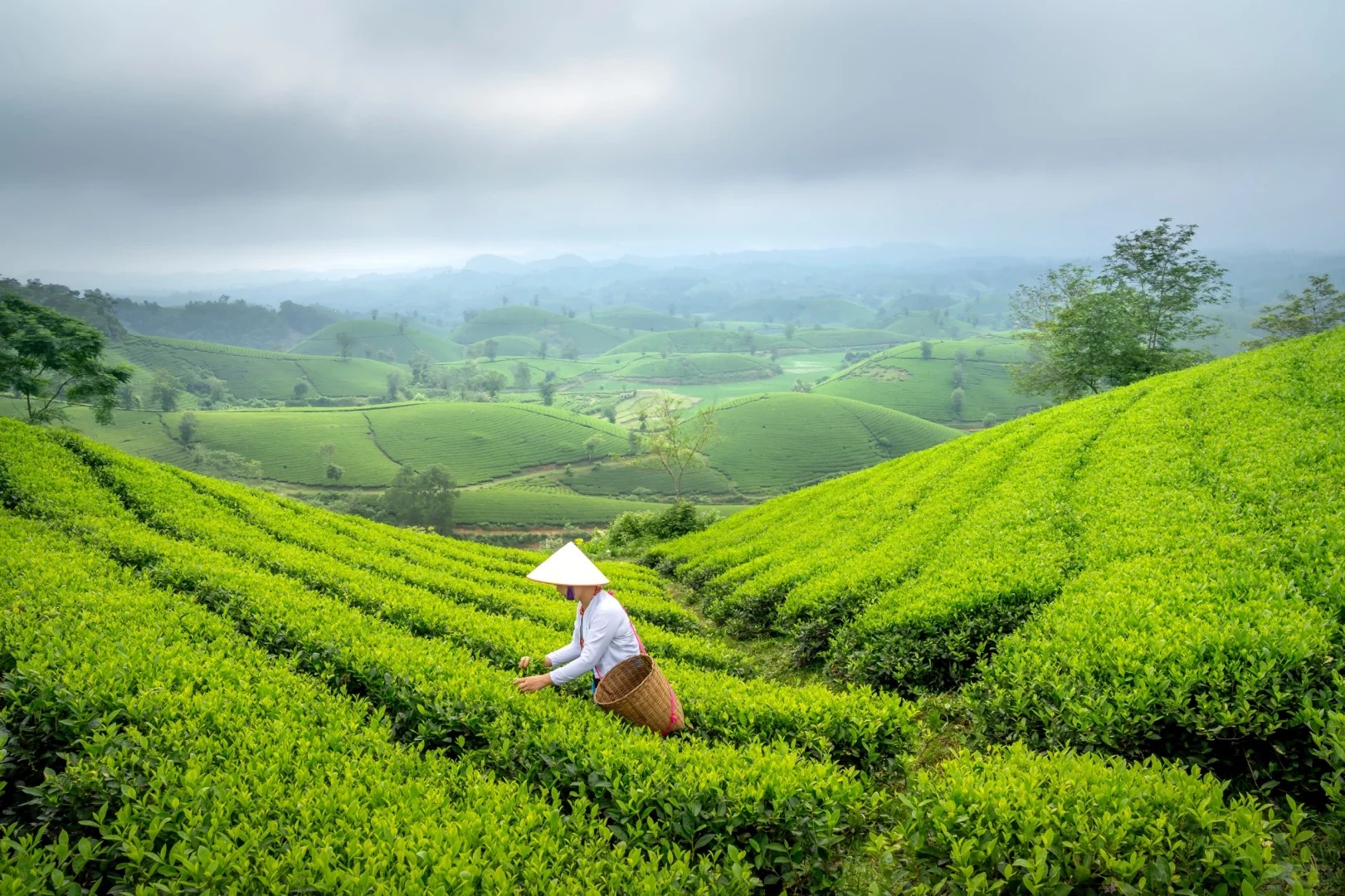Do you know which day is the international Tea Day ?
No? Let’s check out. The International Day of Tea is the first international holiday in the field of agriculture that China has successfully promoted.In June 2019, the Tea Society of China put forward a proposal to establish the Imnternational Day of Tea, which was considered and adopted by the 41st session of the General Conference of the Food and Agriculture Organisation of the United Nations (FAO), concluded in Rome, and submitted to the United Nations General Assembly. Since then, 21 May each year for the ‘International Day of Tea’, aimed at promoting the sustainable development of global agriculture.
China is the home of tea. Chinese tea culture emerged in the Tang Dynasty and flourished in the Song Dynasty. For thousands of years, tea drinking in China is regarded as an elegant thing of life, the Qing Shang of the world. Tea is also one of the most interesting and popular customs of the Chinese people. Nowadays, in many traditional tea villages in China, tea is closely integrated with science and technology and industry, and has become a golden leaf for the revitalisation of the countryside and the enrichment of the people.

Tea is also a globally renowned ‘China's business card’, from the ancient times through the Tea Horse Exchange spread far and wide, to today along the ‘Silk Road Economic Belt’ ‘21st Century Maritime Silk Road’ across the mountains and oceans, Chinese tea has become the world's most popular tea. From the ancient times when tea spread far and wide through the tea-horse exchange, to nowadays when it crosses the mountains and seas along the ‘Silk Road Economic Belt’ and the ‘21st Century Maritime Silk Road’, Chinese tea has become the beverage of the world.
Tea is one of the three major drinks in the world, produced in more than 60 countries and regions worldwide and enjoyed by over two billion people. In November 2019, the United Nations declared May 21 as International Tea Day.
Why drink tea?
Tea is a beverage made from the Camellia sinensis plant and is the most consumed beverage in the world after water. Tea is believed to have originated in northeastern India, northern Burma, and southwestern China, but it is not known exactly where the tea plant first grew. Tea has been with mankind for a long time. There is evidence that tea was consumed in China as early as 5,000 years ago.
Tea production and processing is a major source of livelihood for millions of families in developing countries. Tea is the main means of livelihood for millions of poor families living in several least-developed countries.
Tea is a major source of income and export earnings for some of the poorest countries, and the tea industry is a labor-intensive sector that generates employment, especially in remote and economically disadvantaged areas. Tea is one of the most important cash crops and can play an important role in rural development, poverty reduction, and food security in developing countries.
Tea consumption can benefit physical and mental health due to its anti-inflammatory, antioxidant, and weight-loss properties. In addition, the cultural significance of tea makes it part of the science of tea.
Drinking tea together, not forgetting the work of tea farmers, and honouring women around the world
This year's International Tea Day emphasizes women and their role in the tea industry. International Tea Day provides the world with an opportunity to learn about the cultural heritage, health, and economic benefits of tea, while striving to make tea production more sustainable from field to cup, ensuring that the human, cultural, and environmental benefits of tea are passed on for generations to come.
International Tea Day
Re-emphasizing the call of the Intergovernmental Panel on Tea for greater efforts to expand demand, particularly in tea-producing countries with low per capita consumption, and to support efforts to address the decline in per capita consumption in traditional importing countries, the United Nations General Assembly has decided to designate 21 May as International Tea Day.
The International Day of Tea will promote concerted efforts to implement activities in favour of the sustainable production and consumption of tea and to raise awareness of the importance of tea in addressing hunger and poverty.
Tea Production and the Sustainable Development Goals
Tea production and processing contributes to reducing extreme poverty , addressing hunger , empowering women , and sustainable use of terrestrial ecosystems
There is an urgent need to raise public awareness on the importance of tea for rural development and sustainable livelihoods, in addition to the urgent need to improve the tea value chain and promote the 2030 Agenda for Sustainable Development.
Tea and climate change
Tea production is highly sensitive to changes in growing conditions. The agro-ecological conditions for tea production are carefully circumscribed and therefore can only take place in a limited number of countries, many of which will be severely affected by climate change.
Changes in temperature and rainfall patterns have brought more floods and droughts, which are already affecting tea yields, quality and prices, reducing tea farmers' incomes and threatening rural livelihoods. These climatic changes are expected to intensify and urgent adaptation measures are needed. At the same time, there is growing recognition of the need to help mitigate climate change by reducing carbon emissions from tea production and processing.
Tea-producing countries are therefore integrating the challenges of climate change adaptation and mitigation efforts into their national tea development strategies.


